As a teacher, common questions that I receive from prospective teachers all relate to how to nail a teaching interview. I get these questions so much that I decided to write an article providing advice on how to prepare for a teacher interview. I understand why these questions are so popular because I once was very anxious, nervous, and curious when going through interviews as well.
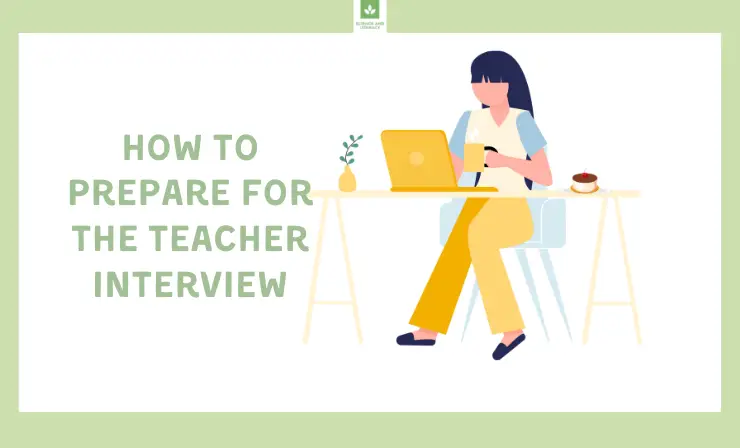
For my educators and future educators reading this, what are ten things that teachers can always count on? The answer is “their fingers.” That was meant to be funny, but in all actuality, we count on each other to help us prepare for any arising tasks. Teachers around the world commonly unite and help each other get through certain difficulties, issues, and challenges. Therefore, I want to help others out who are going through the teacher interview process by providing my insight and advice in this article.
After reading this article, you will officially know:
- How to prepare for a teacher interview →
- What to do and expect during the interview →
- Essential tips that will help you out →
- And the most common interview questions that will be asked in a teaching interview along with the answers →
Preparing for The Teaching Interview
There are many different ways that you can begin preparing for the teaching interview. I will provide a list of a few of the best ways below.
- Know your top skills, talents, and knowledge when it comes to teaching.
- Be aware of the areas that you know could be improved.
- Memorize parts of your resume and the job description that you are applying for.
- Think of 5-10 reasons why the district/school you are applying for should hire you.
- Pick out an outfit that shows you are professional, ready for this opportunity, and dressed for success.
- Make sure you know exactly where you are going, the address, and how long it will take you to arrive to your destination before the interview.
- Get the items that are going with you to the interview ready. This may include a resume, references, pen, bottle of water, portfolio, and more.
- Come up with a list of questions that you have for the interviewer. This shows your interest and willingness to learn.
- Research! Learn everything there is to know about the school you are applying to teach at.
- Practice interviewing with someone else. Have them call out questions to you while you provide an answer as if it were a real interview.
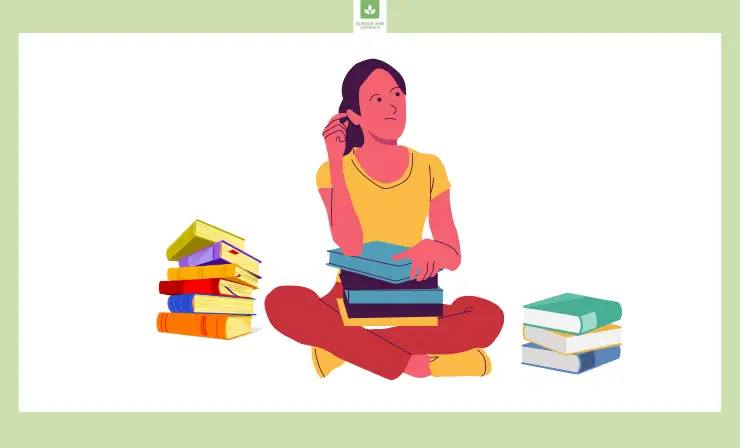
If you would like to see a full teaching portfolio walkthrough, consider watching Pocketful of Primary’s YouTube video. In this video, a teacher will explain to you how she got hired on the spot for her teaching job. It is definitely worth the watch!
When you land your first teaching position and get to see your classroom, you may want to see if it comes equipped with an interactive whiteboard. If not, I recommend proposing the idea of purchasing one to your school. These devices are very handy when it comes to encouraging your students to interact, engage, and have fun while learning in your class.
What should You Do During The Interview
While preparing for the interview may seem difficult, being actually in the interview is the most stressful part. You never really know what will happen, but I can help provide some guidance on what has happened to my colleagues and I during our teaching interviews in the past.
Overall, majority of our interviews have focused on our applications, education, training, skills, work experience, and interests. However, you may be given a tour of the school, given the opportunity to teach a sample lesson, or be required to sit for a panel interview.
No matter the type of interview that you receive, keep in mind that the interviewers are most likely looking for someone with excellent communication, ability to motivate students, manage a class, have the understanding of a certain subject, and the motivation to teach for their school or district. With that being said, be ready to grab the interviewers’ attention, engage them, keep their attention, and show them that you can be entertaining while also encouraging learning in a fun way. Become a display of the perfect candidate that they are looking for and need for their school or district.
You may be asked how to plan a lesson for the interviewers or pupils provided by the administration. Therefore, I suggest watching Teachings in Education’s YouTube video below, which explains everything you need to know about lesson planning before you go in for your interview.
Whether you will be teaching virtually or in person, a document camera is a great investment. These tools allow the teacher to show one item to an entire class of 20 or 30 students. All you must do is place the object or sheet of paper under the camera, and everyone will be able to see it.
10 Essential Tips To Prepare For The Interview
There are so many tips that other teachers and I can provide you to help you with the interview process. However, after conducting lots of research and going through many tips, I have come up with the best tips that I think will help you the most when it comes to how to nail a teaching interview. You can find these tips listed below.
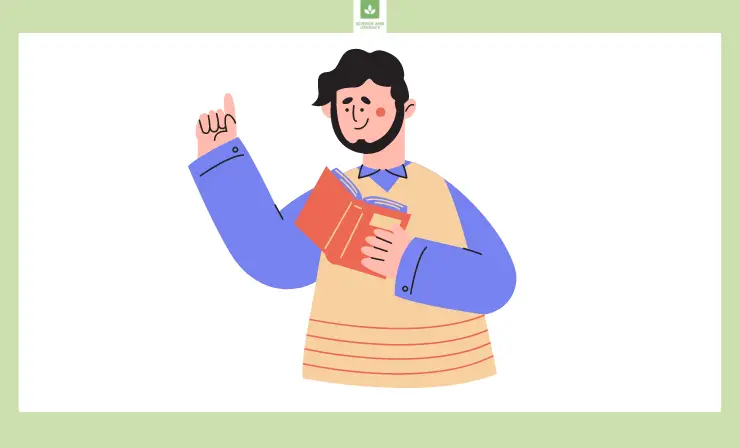
The following are 10 essential tips on how to prepare for a teaching interview:
1. Always emphasize how everything is more about your students than yourself
Your teaching interview is very important to you personally and professionally. However, to the interviewer, this interview is more about the students and how well you will do teaching them. Make sure that you emphasize how everything is about your students and striving to help them with their educational needs daily.
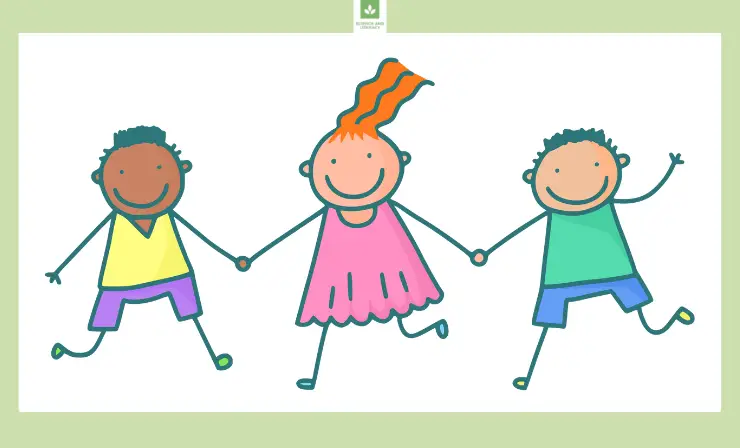
2. Know your audience
The audience of teaching interviews is usually looking for someone who can get up and gain their attention. Even though grown adults are very different than elementary students, they will not see it that way. They will be looking for someone who listens closely, reads expressions, captures and keeps their attention, and leaves a great first impression.

3. Be modern and savvy but do not overdo it
Children today are becoming more and more tech savvy. Most of them will even be more tech savvy than you are. This may stress you out because you want to show the interviewer that you are up to date on technology. However, keep in mind that the people interviewing you are still learning new technology aspects just like you as they are from a different generation than the children growing up today. They will want to see that you can adapt to new technology needs, but you may lose their attention if you start talking about new technology gadgets that are not heard of much. Save this for when you are hired and want to propose the idea of integrating modern techniques into your classroom.
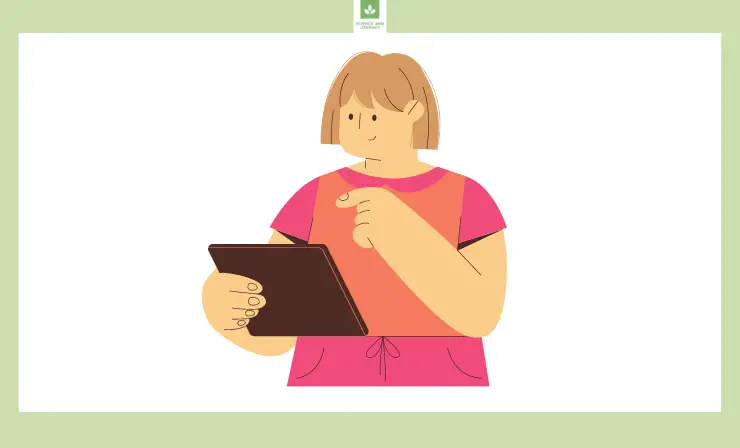
4. Personalize your answers instead of focusing too much on textbook answers
The interviewer has most likely interviewed a dozen other candidates for the same position you are interviewing for. Therefore, they are looking for someone who does not bore them with the same textbook answers that they have already heard. Try to personalize your answers and make them sound like casual conversation. Use real-world experiences to help with this.
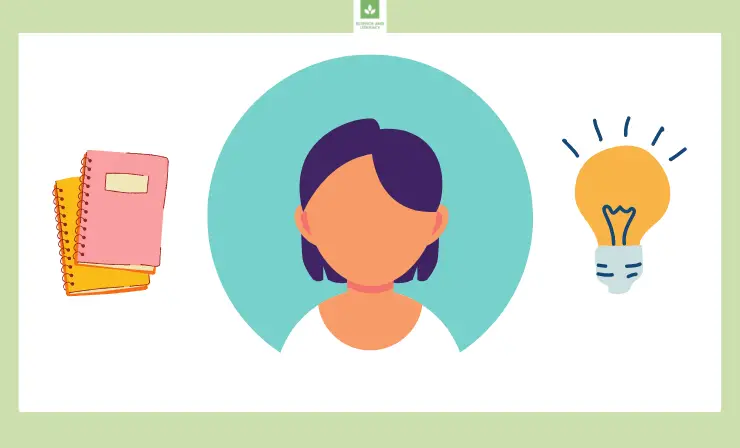
5. Mention a few issues that are happening in education and how you think they can be fixed
If you take the time to mention a few issues that are happening in education today, the interviewer may see that you are very interested in helping fix things and are a great investment in the long run. Show them that you know what is going on in the education system beyond a classroom and what you think will help fix these problems.
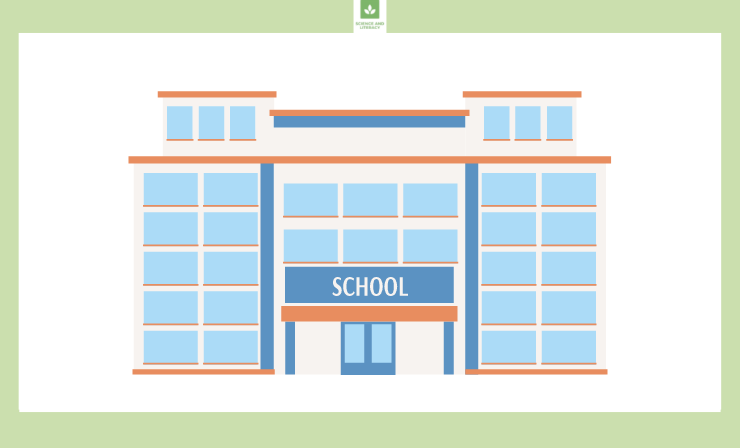
6. Ask as many questions as possible
In every interview, you will be asked at the end if you have any questions. Take this time to interview the employer. It shows that you are very interested, eager to learn, and want to make sure this position is the right fit for you. Try not to only ask basic questions; focus on intriguing questions.
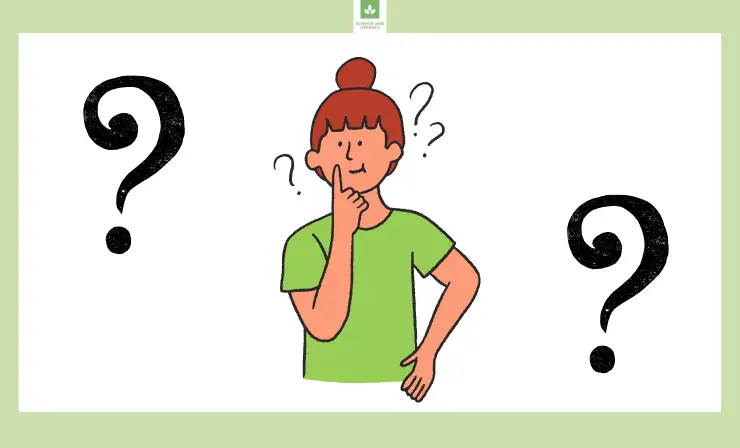
7. Be inspiring
Employers do not always enjoy the interviewing process just like you do not enjoy interviewing. Therefore, show them that you are different than the other 50 candidates that they have interviewed for the position. Tell them about different stories, why teaching is the only job for you, why you are the better candidate, and make your answers personal. The goal is not to convince them you are the best candidate; it is to show them that you have a story that is so compelling that they cannot help but to want to hire you.
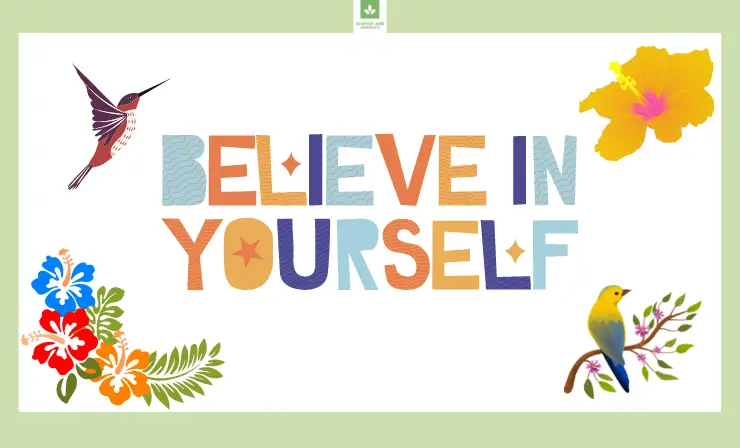
8. Practice as much as possible so you are ready to nail that lesson demonstration
You may not only be asked questions during your interview. There may be a portion of the interview that requires you to teach a lesson. This shows the interviewer that you have the skills and knowledge to successfully carry out a lesson for students. You may think this will be a breeze, but it can be the most anxiety-ridden part of your interview. Therefore, I recommend taking time to practice as much as possible for this moment.
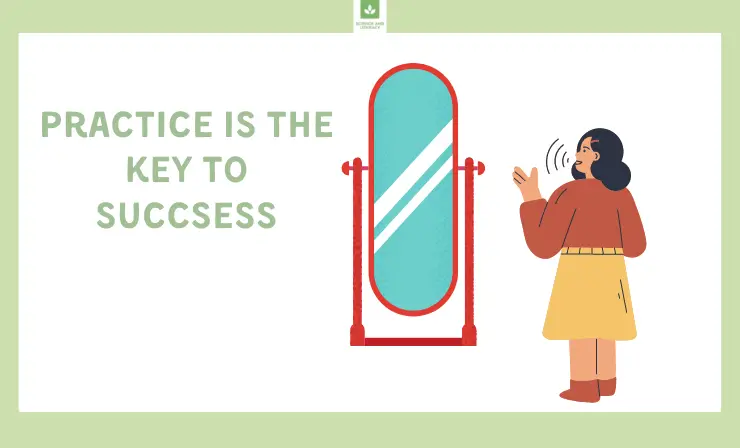
9. Plan for absolutely anything but do not forget the basics
Plan for traffic before the interview. Plan for any question to come up during the interview. Plan for anything to come up on the day of your interview even if you feel like it may never happen. You want to arrive early, find the correct location, and give yourself a few minutes to get settled before the interview begins.
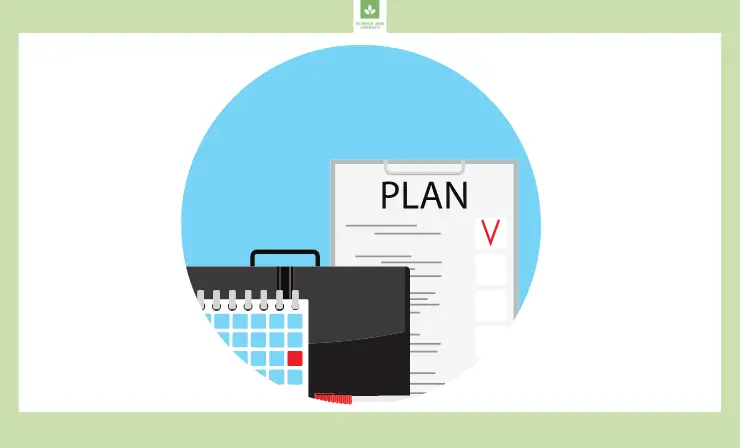
10. Be yourself
No matter how you feel the interview is going, remember to keep smiling and remain cheerful. The goal is to ensure that you were a bright spot in the interviewer’s long day. They will have no choice but to remember you even if that means you will be considered for future position openings. Show them that you are professional, have self-confidence, and are a joy to work with and be around.
One of my last tips that I personally recommend is to consider purchasing a camera for recording lectures. When you start teaching, you will realize how difficult and overwhelming it is to keep up the pace. You may not have much time to stop and help out students who need extra assistance. Therefore, I suggest purchasing a camera that can record lectures, so that your students can go back and listen to the lectures that they need more time on.
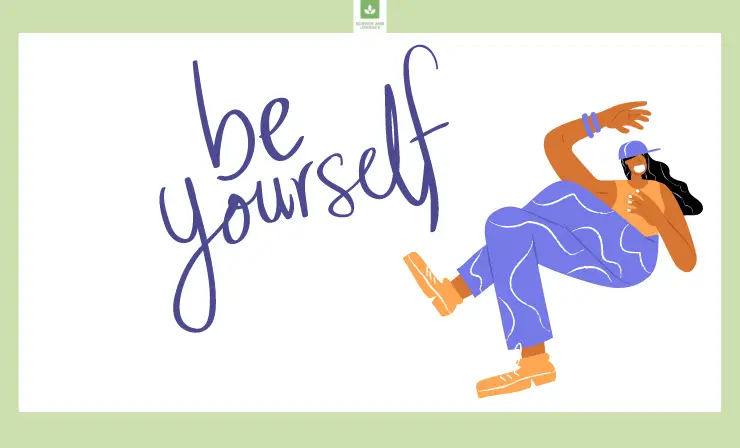
The 7 Most Common Teaching Interview Questions and Answers
There are a lot of questions that may come up in your interview, but there is a good chance that you will hear the ones asked on this list. I will provide the most common questions and example answers for you below. Feel free to tweak the answers to match you personally!
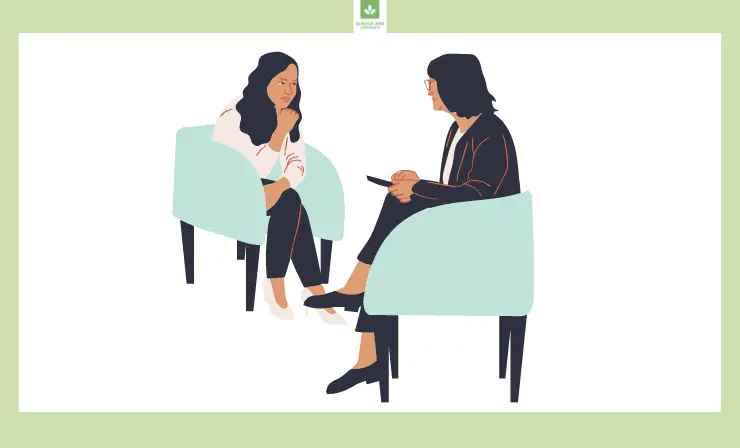
1. Why do you want to be a teacher?
Answer: I had trouble with learning to spell as a child, but my teacher took the time to go over the words with me. She introduced me to different methods that helped me learn how to spell, and that became very meaningful to me. Her attention forever changed my outlook on life, and I knew I wanted to do that for other children one day.
2. Why are you interested in working for our school district?
Answer: I highly respect your school district. Your focus on the community, diversity, academics, and putting the needs of the students’ first really spoke to me. I have realized that even creating the best lesson plan cannot help students with various learning styles. Therefore, I feel like your school takes the time to evaluate students and make sure every single one is on the same track.
3. What is your teaching philosophy?
Answer: I enjoy learning my students’ passions and sharing them with the entire class. For example, if a student loves learning about animals, I will make sure that I have books around my classroom about animals that he/she can share with the class. The goal is to get everyone excited about certain things because enthusiasm increases the willingness to learn.
4. How exactly can you help our school and students?
Answer: I have taken the time to talk to some of the teachers who work for this school. They have told me some of the issues that they see every day, such as how hard it is to manage large classrooms. I believe my classroom management skills are excellent, and I will work hard to make sure I use effective strategies that decrease the number of disruptions in my classroom.
5. What do you think is the hardest part about teaching?
Answer: I think the hardest part about teaching is when students are more worried about what their peers are doing than making sure that they are fully comprehending what is in front of them. For example, when tests are given, a lot of students will start rushing through their work because they see their peers getting up and turning in their papers. I feel like I can change this by requiring my students take at least five more minutes at the end before turning in their tests.
6. Why should we hire you?
Answer: I believe you should hire me because I am very adaptable to students with different learning needs. When I see a student struggling, I immediately notice it and take the time to become aware of how that student learns. It may take me some time to figure it out, but it is a great feeling for both the student and I once I do. I think your school district will benefit from someone like me who does these types of things.
7. How will you get your classroom ready for the first day of school?
Answer: I will come up with different games and activities for the first day of school. I want my students to be entertained and excited about returning to school. I will also make sure that my classroom is colorful and welcoming to all. Posters, pictures, and activities will be all over the walls. I will also include some rules because I want to set the tone for the rest of the school year on the first day!
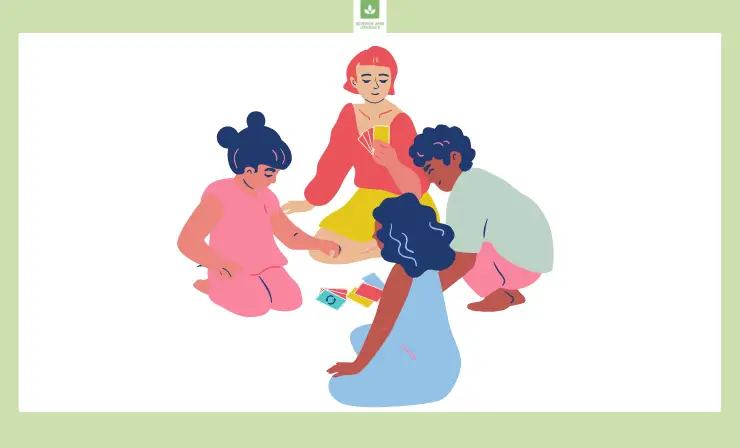
8. How do you evaluate your students?
Answer: I have learned that not every student is a great test taker. Therefore, while some students can be evaluated based on tests and quizzes, others may be evaluated on how well they read or participate in classroom activities. Every student is different, and I think it is important to notice that.
Useful Resources
Conclusion
I hope this article helped you learn how to nail a teaching interview. I have taken my experience and other teachers’ experience around the globe to develop the best tips and advice possible to assist you in the interview process. I know these types of interviews are difficult and nerve wracking, but it will be worth it in the end. It takes a wonderful person to want to help shape the minds of future generations. Good luck and happy teaching!
- Overview of 22 Low-Code Agencies for MVP, Web, or Mobile App Development - October 23, 2024
- Tips to Inspire Your Young Child to Pursue a Career in Nursing - July 24, 2024
- How Parents Can Advocate for Their Children’s Journey into Forensic Nursing - July 24, 2024

In the article, you mentioned games as a way to kick-start the school year. What kinds of games do you recommend the most and why?
Well, in my opinion, the best games are the ones which help students to get to know each other. There’re a lot of games like this – Tall Tomas, The question Webb, Two truths and a lie just to name a few.